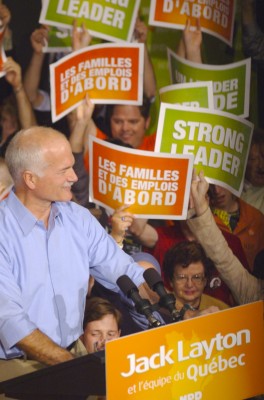I’m on the road in Iowa City, but I saw that this has been floating around the blogosphere {“hat” tip:: LQ}::
So, how do you take this? Straight-up or with a twist? Apparently, this caused a ruckus on HuffPo. Some days are facepalm days over there.
Twitterversion:: #TheHat takes on healthcare in lowfi multimedia glouriousness. #ThickCulture @Prof_K



